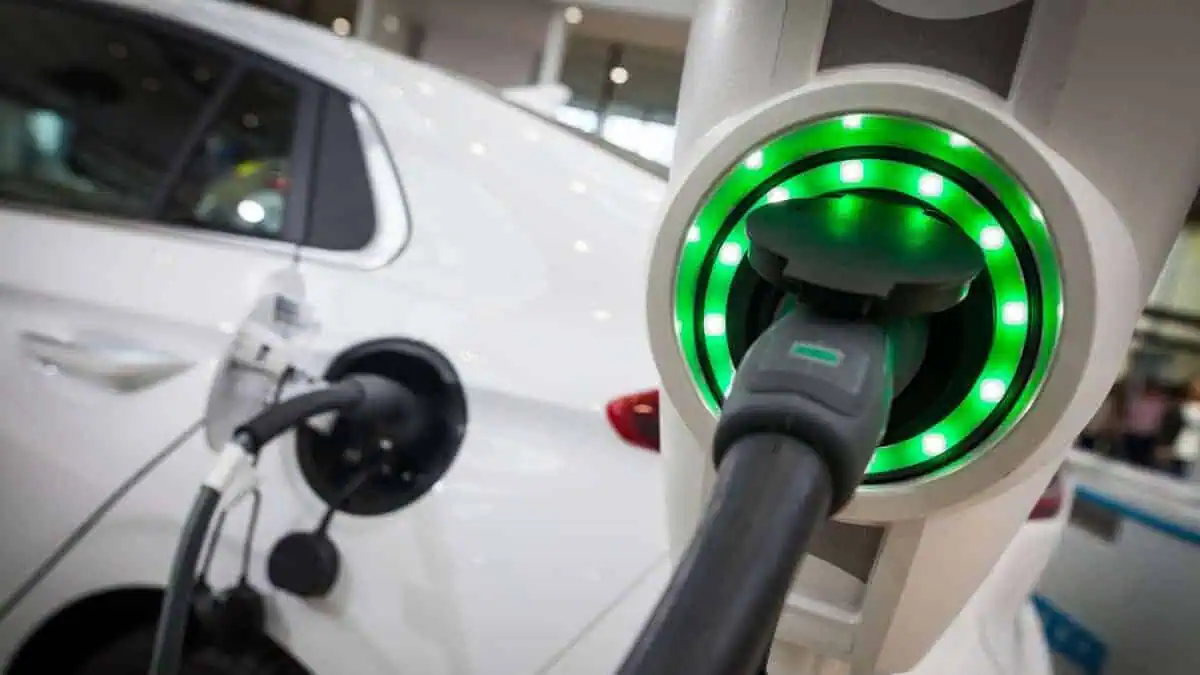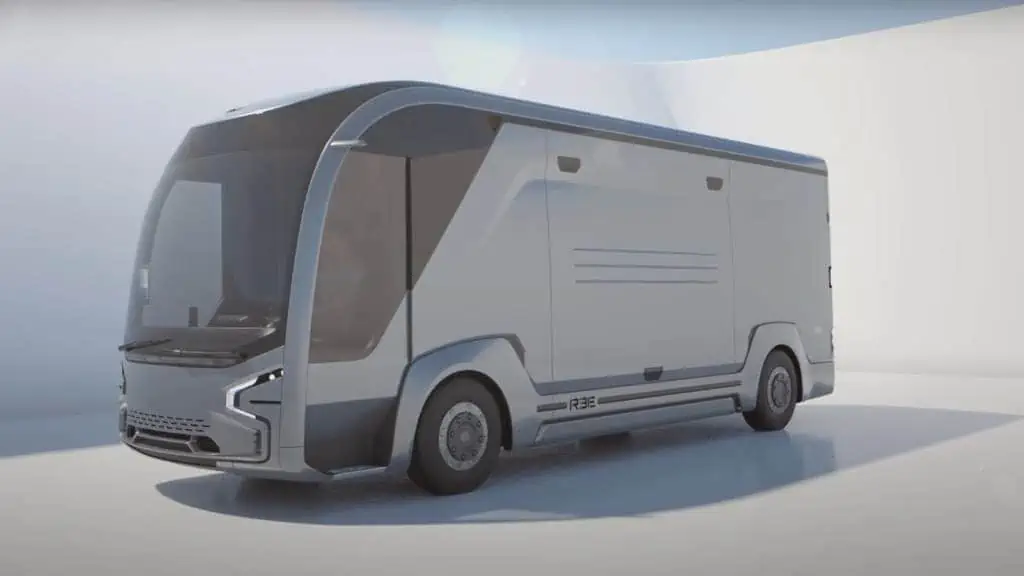A new bill proposal for amending the Electric Vehicle Industry Development Act (EVIDA) officially reached the Philippines‘ House of Representatives on February 5, 2024, GMA News Online reports.
House Bill No. 9573
Albay 2nd District Representative Joey Salceda filed House Bill No. 9573 on Monday as he proposes to update the Philippines’ taxes and duty system for electric vehicles. It primarily aims to impose a 0% duty on completely built EV imports in the country until 2029.
More notably, the proposed bill will redefine “electric vehicles” to include two-wheelers, which apparently account for 60% of EVs in the country. The exclusion of two-wheeler EVs means that “the vast majority of electric vehicles do not benefit from the tax incentives granted under the law,” as emphasized by District Rep.
Hon. Salceda states the proposed bill will substantially boost the country’s electric vehicle industry and reduce fossil fuel reliance.
House Bill No. 9573 will also align the Philippines with its long-standing allegiances to the international community under the Paris Agreement.
“While the EVIDA has successfully propelled a six-fold increase in electric car sales in 2023 compared to 2022, limitations in the law have excluded two-wheeled electric vehicles from crucial fiscal incentives. Electric vehicles are generally more sustainable because renewable energy accounts for some 26.4 percent of the country’s power, while some 99.77 percent of cars still use fossil fuels.
Encouraging electric cars while locking out electric motorcycles does not address congestion issues, but merely substitutes petroleum-fueled cars for their space on the road.”
Albay 2nd District Representative Joey Salceda
EVIDA Law
Republic Act No. 11697, also known as the Electric Vehicle Industry Development Act (EVIDA), took effect in the Philippines in April 2022.
This legislation serves as the Philippine government’s proposed solution to numerous issues related to fuel, including surging prices and carbon footprint.
It indicates the regulatory framework and a roadmap for electric vehicle operation in the country. Moreover, it oversees “the manufacture, assembly, importation, construction, installation, maintenance, trade, and utilization, research and development, and regulation of electric vehicles.”
EV incentives
Some benefits under the EVIDA law include the following, as outlined by the LTO Portal PH:
- Pure battery-electric vehicles: Longterm 100% excise tax exemptions and 30% discount from the payment of the vehicle user’s charge, registration, and inspection fee for 8 years from EVIDA effectivity
- Hybrid vehicles: Longterm 50% excise tax exemptions and 15% discount from the payment of the vehicle user’s charge, registration, and inspection fee for 8 years from EVIDA effectivity
Amending the EVIDA law is indeed a crucial measure to boost the Philippines’ EV industry and shift away from fossil fuel-powered automobiles. It can significantly aid the Department of Energy’s plans to increase EV share by more than the mandated 5% in public and private sector fleets. The agency continuously works on the Comprehensive Roadmap for the Electric Vehicle Industry (CREVI) to determine the timeline for the order.






